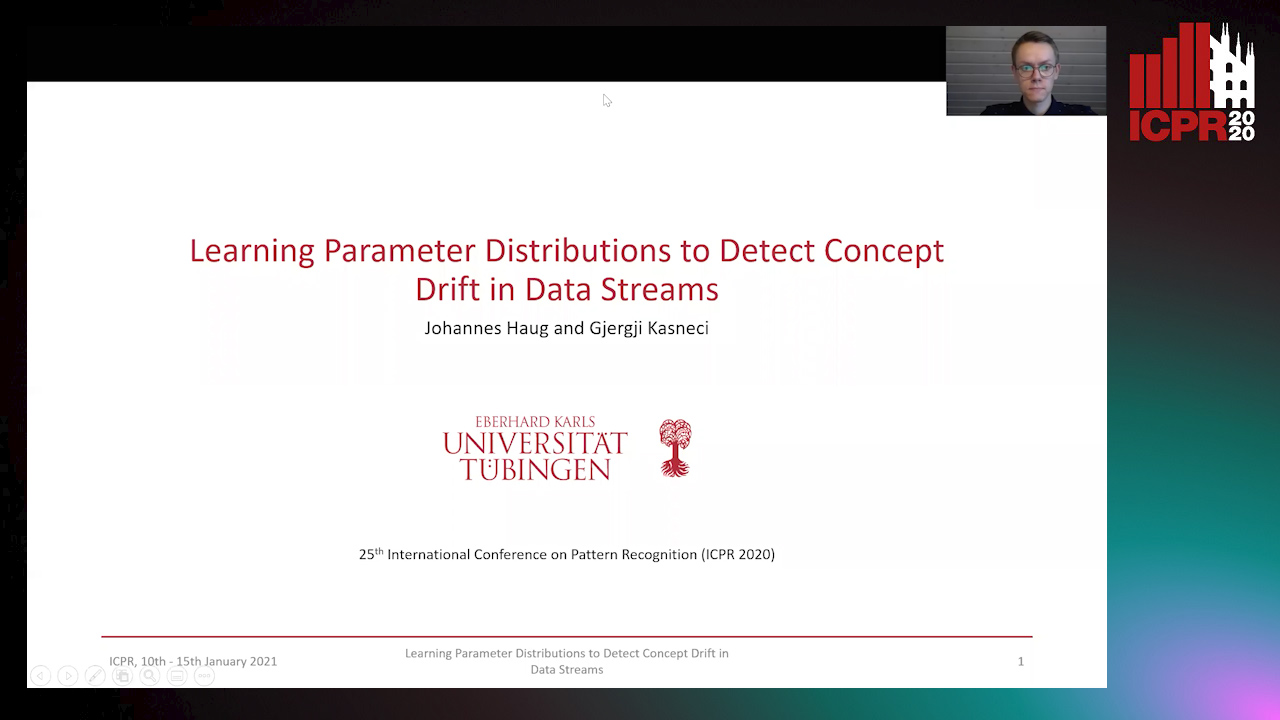Gjergji Kasneci
Papers from this author
Aggregating Dependent Gaussian Experts in Local Approximation

Auto-TLDR; A novel approach for aggregating the Gaussian experts by detecting strong violations of conditional independence
Abstract Slides Poster Similar
Learning Parameter Distributions to Detect Concept Drift in Data Streams
Johannes Haug, Gjergji Kasneci

Auto-TLDR; A novel framework for the detection of concept drift in streaming environments
Abstract Slides Poster Similar